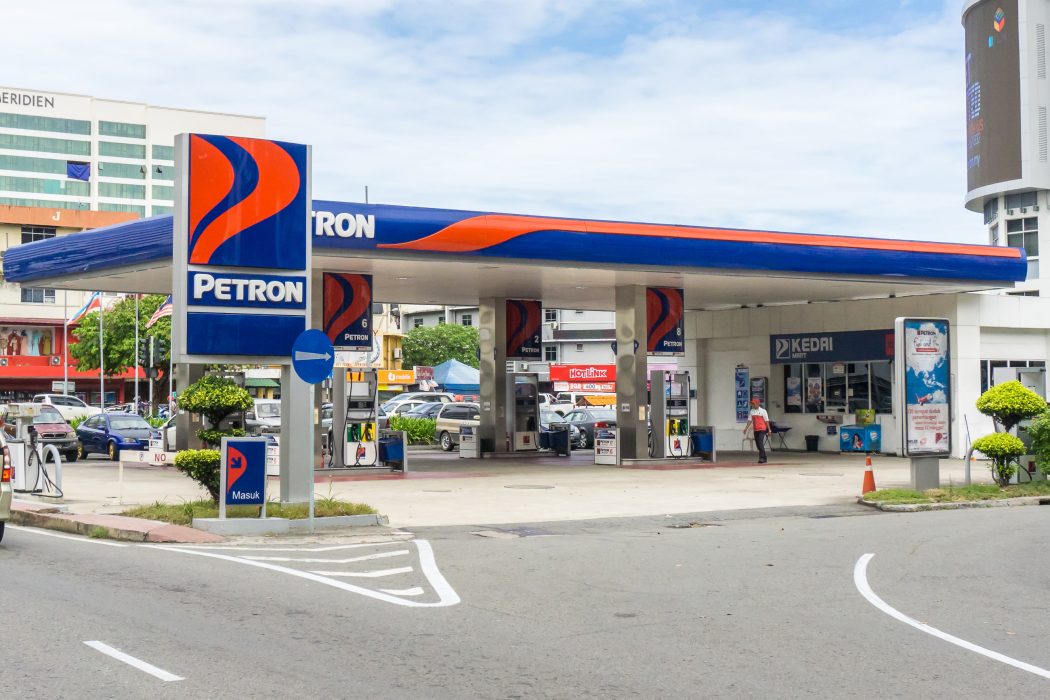Petron Corporation’s bottom line indeed took a blow from the COVID-19 pandemic, as it suffered a drastic net loss of Php11.4 billion in 2020, a reverse from its net income of Php2.3 billion in 2019.
The company’s consolidated revenues declined 44% to Php286 billion from Php514 billion year-on-year. This comes as its annual consolidated sales volume dropped 27% to 78.6 million barrels from 107 million barrels previously.
Petron, the country’s largest oil firm, previously reported that it incurred net losses of Php14.2 billion in the first half of 2020 and Php12.6 billion in the first nine months, respectively. The decline in net losses was a result of the eventual loosening of quarantine restrictions.
The World Health Organization declared the pandemic on March 11, 2020. The enhanced community quarantines (ECQ) in various parts of the country were imposed roughly a week later. Quarantine restrictions loosened gradually in Metro Manila beginning mid-May.
Despite the overall loss, the oil giant managed to have a Php1.2 billion consolidated net income in the fourth quarter due to increased volumes and inventory holding gains, as prices began to rally towards year-end. However, it said that refining margins remained soft, which challenged the economic viability of the company’s Philippine operations.
Consolidated revenues in the last quarter amounted to Php69.6 billion, a 46% increase from the Php47.7 billion posted in the second quarter. This comes as consolidated sales volume increased 6.6% to 19.8 million barrels compared to 17.9 million barrels, also in the second quarter.
It was in the fourth quarter, particularly in October, that Petron President and CEO Ramon Ang repeatedly threatened to close the company’s 180,000 barrel per day refinery in Limay, Bataan over “unfair” taxation aggravated by the pandemic, which in turn affected its bottom line. The Bataan refinery is the only remaining facility of its kind in the country.
Ang then announced the refinery’s shutdown in December, but also hinted at its reopening subject to improved economic conditions. Following the shutdown’s announcement and upon the appeal of refinery workers, Petron sought for the refinery’s inclusion under the Authority of Freeport Area of Bataan (AFAB) — which was eventually granted. Economic zones like the Bataan freeport zone enjoy tax holidays.
“We have been working hard to minimize the impact of the pandemic on our business and our performance in the second half of 2020 proves that we are moving in the right direction. We look forward to sustaining our recovery as we anticipate higher demand and a more stable industry situation with an end to this crisis finally in sight,” Ang said in a statement.
“We continue to implement various cost saving efforts but tax efficiency is another critical area that should improve. Our AFAB registration will help make our refining business more competitive and financially viable as soon as demand recovers,” he continued.
Petron may also be getting further tax breaks should Pres. Rodrigo Duterte fully approve the bicameral conference version of the Corporate Recovery and Tax Incentives for Enterprises (CREATE) bill. Advocacy group Action for Economic Reforms has opposed the tax holiday for oil refiners provision of the proposed law, which wasn’t in the approved versions of the Senate and the House of Representatives.


